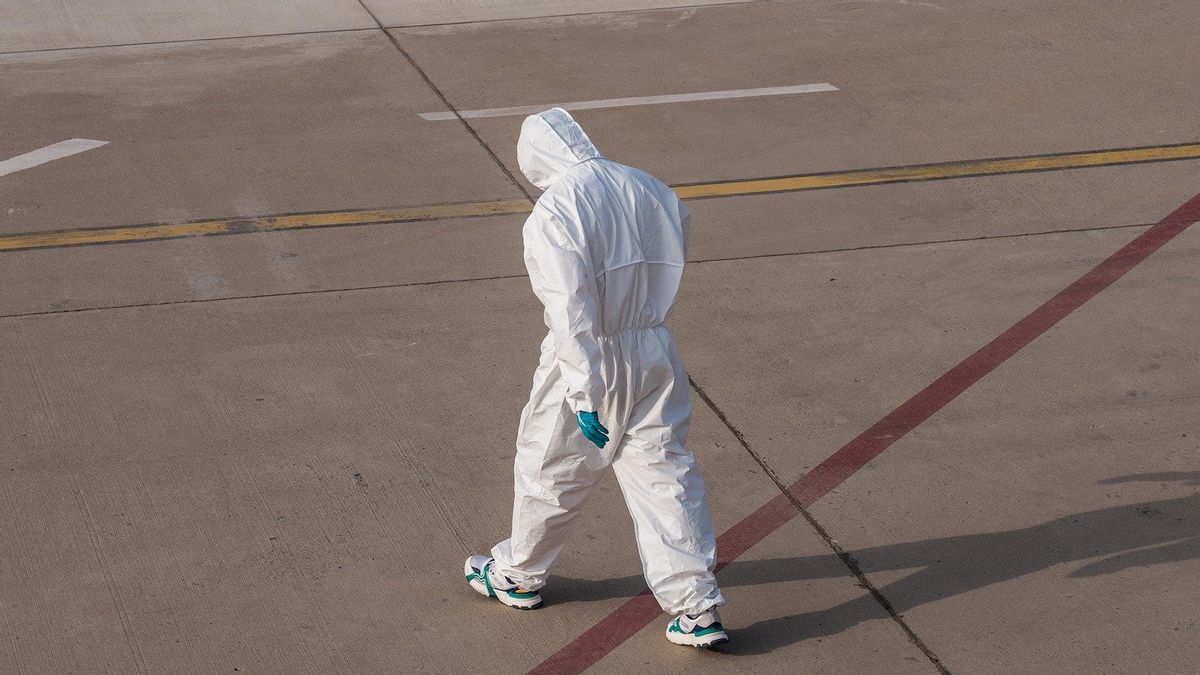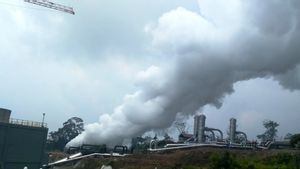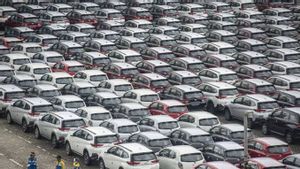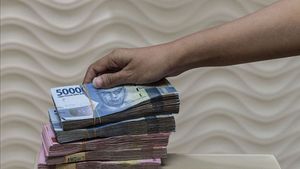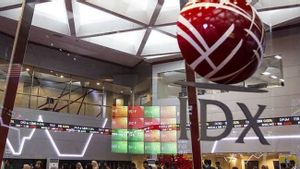JAKARTA - The government is asked to be serious in dealing with the COVID-19 pandemic in the country. Because, until now, active cases continue to grow and the emergence of the delta variant of COVID-19 is feared to increase the unemployment rate.
The head of the Center of Industry, Trade and Investment Institute for Development on Economics and Finance (Indef) Andry Satrio Nugroho said that the delta variant actually brought the Indonesian economy back down.
Andry said, the impact of the spread of delta variants in the country has begun to be seen from the side of the industry which is overwhelmed. Because, must obey the rules for the implementation of restrictions on community activities (PPKM).
"I also think that if this is not handled well enough, it will lead to an increase in the unemployment rate. It could be higher than the previous PSBB," he said in a virtual press conference, Friday, August 6.
Not only industry, said Andry, but also sectors. According to him, the key is in late August and early September. One of the determinants is when the effects of the economic slowdown may exceed those of the 2020 large-scale social restrictions (PSBB).
"In my opinion, the support for industry certainly needs to be maintained, especially from the support earlier. From the side of small and medium industries and support from the current side it is related to wage subsidies, I think there needs to be a mechanism that needs to be creative enough so that wages can be co-funded between the government and businesses, The company can pay the electricity installments and the government can produce it," he said.
Previously, Andry Satrio Nugroho said the very sharp economic growth on an annual basis of 7.07 percent in the second quarter of 2021 did not necessarily mark the national economy returning to normal levels.
"So if you say whether the end of the recession, or pseudo growth or illusion, of course I say this is pseudo growth," he said.
Andry said, when comparing the growth of gross domestic product (GDP) in the second quarter of 2021 with the average achievement before the pandemic, namely in 2018 and 2019. As a result, GDP growth in the second quarter of 2021 actually decreased.
"In the second quarter, if we compare it with before the pandemic era, the new growth was at 3.87 (percent). If we look at the natural rate growth, which is 5 percent, of course the answer is that we haven't gone that way," he said.
Not only the economy, according to Andry, people's mobility has not returned to normal levels or levels before the COVID-19 pandemic. The data shown by the Google Mobility Index, describes the activities and mobility of people who have not reached the base line in February 2020.
The English, Chinese, Japanese, Arabic, and French versions are automatically generated by the AI. So there may still be inaccuracies in translating, please always see Indonesian as our main language. (system supported by DigitalSiber.id)
